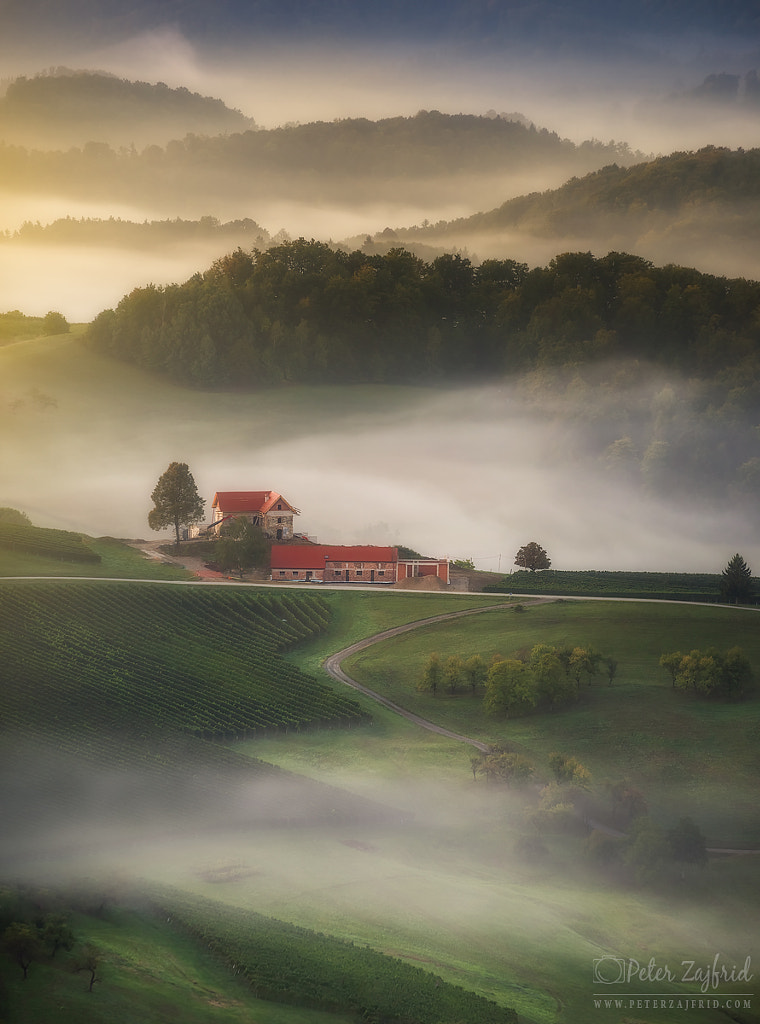Why do we continue to cling so hard to our work-based identities, in spite of an inner nature that tells us not to work so much? - The Nation
During the earliest months of the pandemic, employers couldn’t downsize fast enough. Millions were laid off, executives took symbolic pay cuts and ordered wage and hiring freezes, and many economists predicted a grim year ahead for workers hoping to just get their old jobs back, never mind get ahead.
It's a £5 video of Olivia Colman performing a translated lecture by Elena Ferrante, of course. - LitHub
The number of workers in the United States quitting their jobs jumped to 4.3 million in August – the highest quits rate on record.
3 Ways to Flip the 'Great Resignation' Into the 'Great Retention'
How Russia’s Communist Party achieved unprecedented electoral success in Russia’s Far East — previously a stronghold for the far-right Liberal Democrats. Meduza
Brazil, Amazon, World: Crimes Against Humanity Counterpunch
‘We’re All Fighting the Giant’
Faced with fragility and uncertainty, gig workers around the world are connecting across borders to challenge platforms’ power and policies.
It wasn’t so long ago that people were worried that automation would put them out of work. Ironically, instead, people chose to quit jobs they hated, and now companies are scrambling to automate to replace them. - 3 Quarks Daily
FDIC – “How Money Smart Are You? is a suite of 14 games and related resources about everyday financial topics. It’s based on FDIC’s award-winning Money Smart program.”
Randomness, like cards or dice, is unpredictable because we just don’t have the right information. Chaos is somewhere between random and predictable. A hallmark of chaotic systems is predictability in the short term that breaks down quickly over time, as in river rapids or ecosystems. - The Conversation
"Fittingly, the artist (Wolfgang Beltracchi) — infamous for his uncanny ability to mimic the work of others — is making 4,608 versions of Leonardo da Vinci's Salvator Mundi, in a variety of different artistic styles." Post-Impressionism, Cubism, Surrealism, Pop Art … - Artnet
